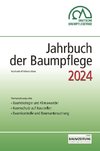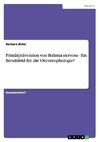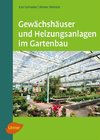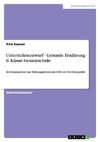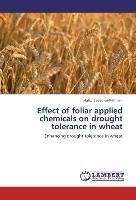
-
 Anglický jazyk
Anglický jazyk
Effect of foliar applied chemicals on drought tolerance in wheat
Autor: Hafiz Saeed-ur-Rehman
Wheat (Triticum aestivum L.) is the main food grain of Pakistan and is the staple diet of the country's people; it has a central position in agricultural policies formulation. The average yield of wheat in Pakistan is less due to less water availability... Viac o knihe
Na objednávku
45.36 €
bežná cena: 50.40 €
O knihe
Wheat (Triticum aestivum L.) is the main food grain of Pakistan and is the staple diet of the country's people; it has a central position in agricultural policies formulation. The average yield of wheat in Pakistan is less due to less water availability at farm gate and low rainfall during the growing period. Drought affects growth, phenology, water and nutrient relations, photosynthesis, assimilate partitioning and respiration in plants ultimately decreases yield. Exogenous application of osmoprotectants, growth promoters and antioxidant compounds is considered as quick-fix solutions to cope with water stress. So the study was planned to determine the effect of exogenously applied chemicals on growth, yield and physiological traits of wheat grown under drought conditions and to find out the chemical, most effective in improving drought tolerance of wheat. This book can give an overall idea about wheat situation in Pakistan, drought & its effects and enhancing drought tolerance in wheat by foliar application of ascorbic acid, salicylic acid, calcium chloride and glycine betaine.
- Vydavateľstvo: LAP LAMBERT Academic Publishing
- Rok vydania: 2012
- Formát: Paperback
- Rozmer: 220 x 150 mm
- Jazyk: Anglický jazyk
- ISBN: 9783659171949
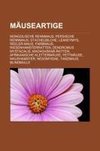
 Nemecký jazyk
Nemecký jazyk 

